Ensure your hydronic heating system is ready for winter, as a well-tuned system keeps your home cozy and saves you money on energy bills. You can optimize your hydronic heating system by cleaning or replacing filters, bleeding radiators, and checking water pressure. These simple steps help your system run smoothly and efficiently during cold months.
Regular maintenance is key to getting the most out of your hydronic heating, and by taking care of your system now, you'll stay warm all winter long and avoid costly repairs down the road.
Understanding Hydronic Heating Systems
Hydronic heating systems use water to move heat through your home. They offer efficient and comfortable warmth during cold months.
Components of a Hydronic System
A hydronic system has several main parts:
- The boiler heats water.
- Pipes carry hot water to radiators or in-floor heating.
- Pumps move water through the system.
- Radiators or underfloor pipes release heat into rooms.
- Thermostats control the temperature.
- Expansion tanks handle pressure changes.
- Valves direct water flow.
The Role of Heat Exchangers and Heat Pumps
Heat exchangers transfer heat from one fluid to another without mixing them. In hydronic systems, they move heat from the boiler to your home's water, keeping the boiler water separate and clean.
Heat pumps can make hydronic systems more efficient, moving heat extracted from outside air or the ground into your system. This uses less energy than creating heat from scratch. Heat pumps work well in mild climates but may need backup in very cold areas.
Preventive HVAC Maintenance for Winter
Regular upkeep of your HVAC system is key to staying warm and saving money during cold months. A well-maintained system runs more efficiently and lasts longer.
Boiler Maintenance Essentials
Check your boiler's pressure gauge regularly. The ideal range is between 1 and 1.5 bar, so if it's too low, you may need to add water to the system. Look for leaks around pipes and valves, clean or replace your boiler's air filter monthly, and bleed your radiators to remove trapped air, which can cause cold spots. Also, test your boiler's safety features, like the pressure relief valve.
It’s highly recommended to have a professional service your boiler yearly to keep it running safely and efficiently.
Inspecting the Ventilation and Air Flow
Clear debris from vents and registers by vacuuming them, and removing things like dust and pet hair. Ensure furniture and curtains aren't blocking airflow and check your home's air intake vents. They should be free of leaves, snow, and ice.
Look at your ductwork for any visible damage or leaks and seal small gaps with metal tape. For bigger issues, you'll need a professional. Consider a duct cleaning if you haven't had one in years or if you see evidence of mold or pests.
Checking the Ignition System and Pilot Light
For older systems with a standing pilot light, ensure the flame is steady and blue. A yellow or flickering flame can mean a serious issue. Newer systems use electronic ignition so listen for clicking sounds when your heat turns on. No click could mean a faulty ignitor.
Check that the flame sensor is clean too, as a dirty sensor can shut off your heat without you knowing. Look for any signs of soot or carbon buildup which can mean poor combustion. Don't try to fix ignition issues yourself as they can be dangerous and require expert knowledge.
Optimizing Your Hydronic Heating for Energy Efficiency
Boosting your hydronic heating system's efficiency can lead to big energy savings. Smart thermostats and simple practices can help you get the most out of your system while keeping costs down.
Energy-Saving Practices
Turn down your thermostat at night and when you're away, as each degree lower can save up to 3% on heating costs. For convenience, use programmable timers to automate temperature changes.
Other energy-saving measures include:
- Bleeding your radiators yearly to remove air pockets as this helps them heat up faster.
- Checking for leaks and fixing them quickly to prevent energy waste.
- Insulating your pipes with foam to reduce heat loss as water moves through the system.
- Moving furniture and curtains away from radiators so heat flows freely into your rooms.
- Cleaning radiators regularly to remove dust that can block heat transfer.
Benefits of Using a Smart Thermostat
Smart thermostats learn your schedule and adjust temperatures automatically, potentially saving up to 15% on heating bills by optimizing when your system runs. You can also control these devices from your phone, allowing you to warm up the house before you get home.
Many smart thermostats track your energy use, showing you when you use the most heat and suggesting ways to save. Some can even make adjustments based on the weather forecast.
Ensuring Quality Indoor Air and System Health
Clean air filters and proper system fluids are crucial for optimal hydronic heating performance. These elements impact indoor air quality and the longevity of your heating system.
Importance of Clean Air Filters
Air filters trap dust, pollen, and other particles that can harm your health and system efficiency. You should check your air filters monthly, especially during cold months, and replace them if they look dirty. Clean filters help your system run smoothly and keep your air clean while protecting sensitive parts of your HVAC system from damage.
Some systems have washable filters which can save you money on replacements.. If yours does, clean it according to the manufacturer's instructions.
Using Propylene Glycol in Hydronic Systems
Propylene glycol is a safe, non-toxic fluid used in many hydronic heating systems. It helps prevent freezing and corrosion in your pipes and radiators which is especially important in cold climates. You should check the propylene glycol levels in your system yearly as low levels can lead to system damage if temperatures drop too low, while too much can reduce heat transfer efficiency.
A professional can test the concentration and pH of your system's glycol and adjust it if needed. Remember to use only food-grade propylene glycol in your system. Other types may not be safe or effective. Always follow the manufacturer's guidelines for your specific system.
Get in touch with us today to arrange an inspection of your hydronic heating system.

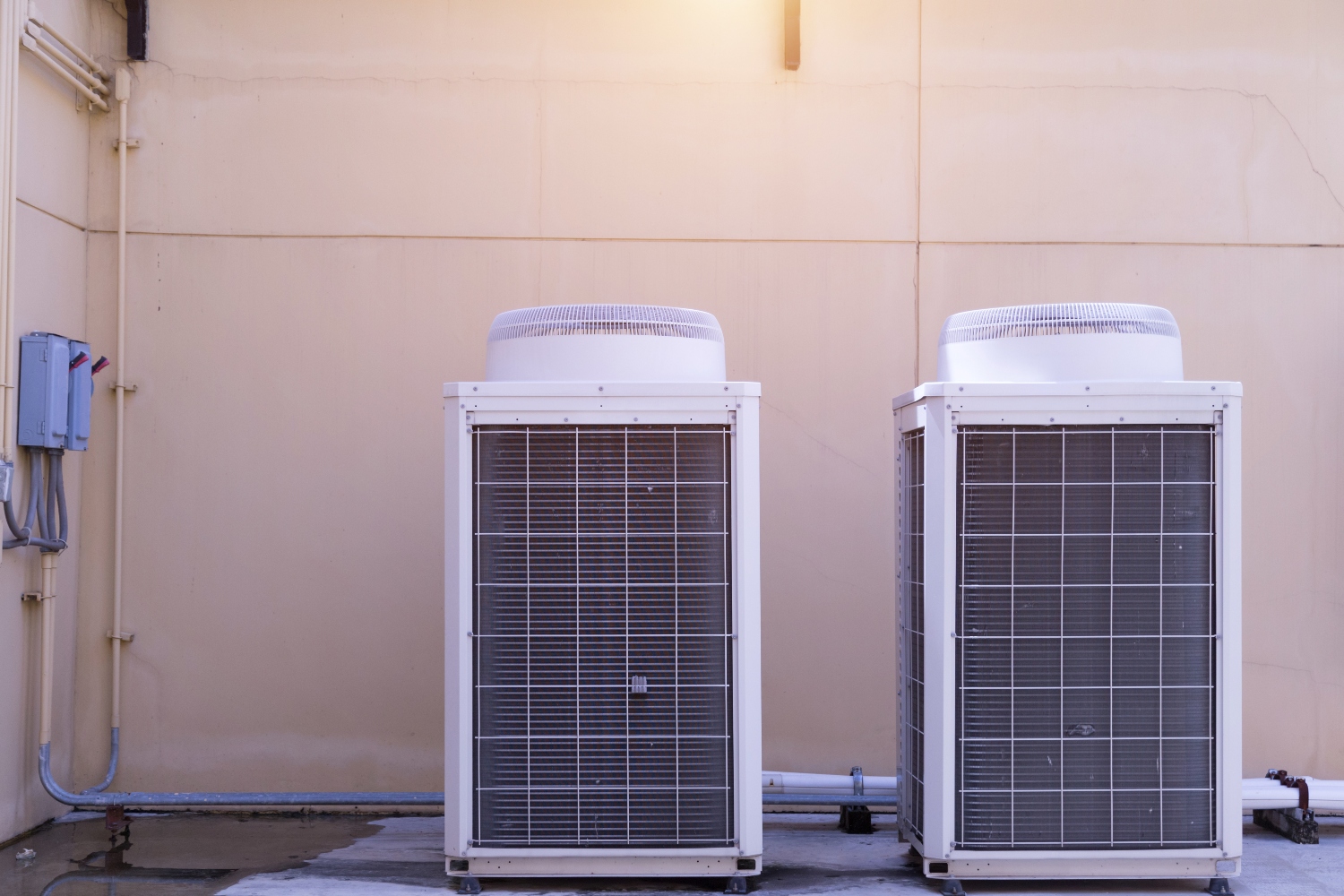
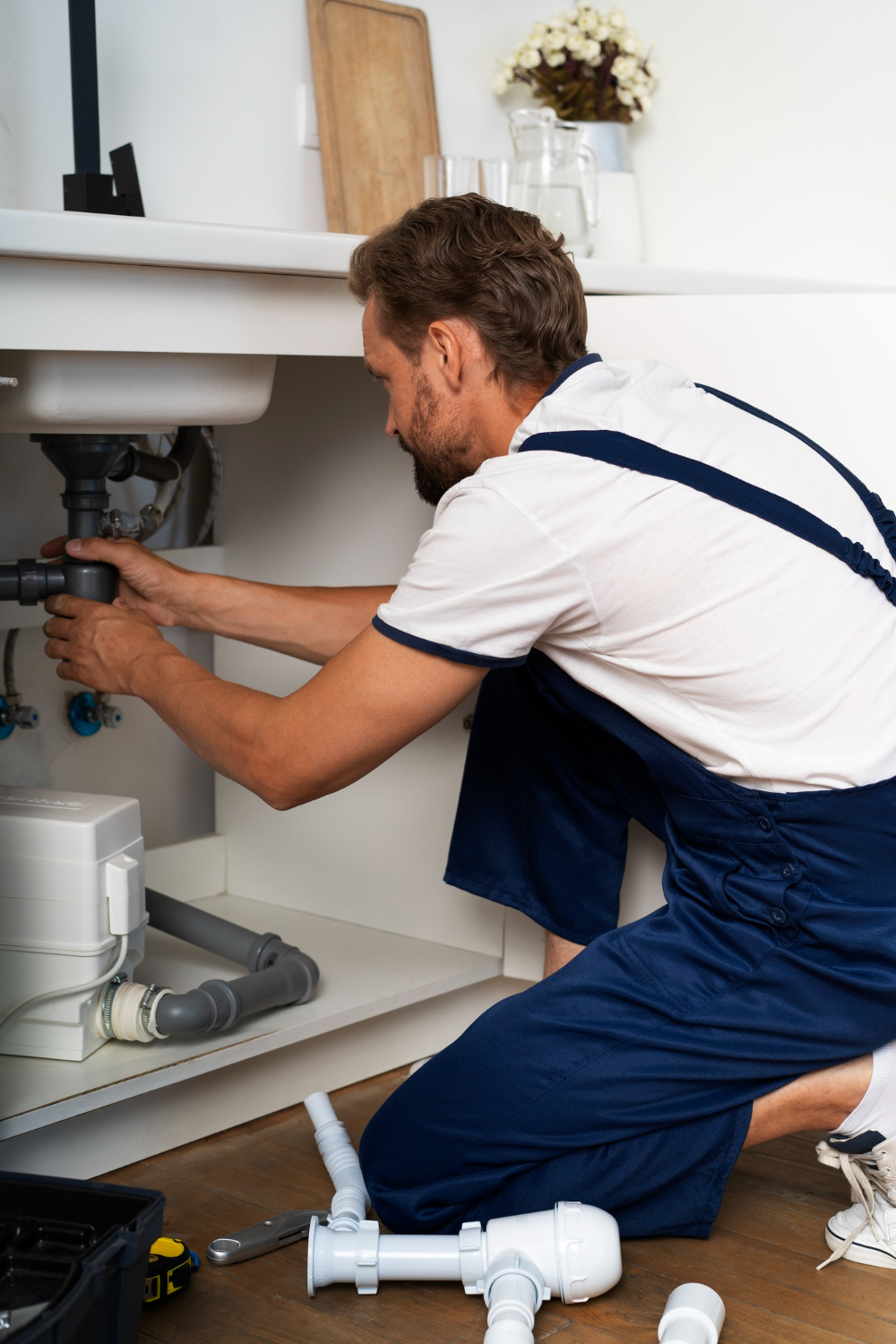
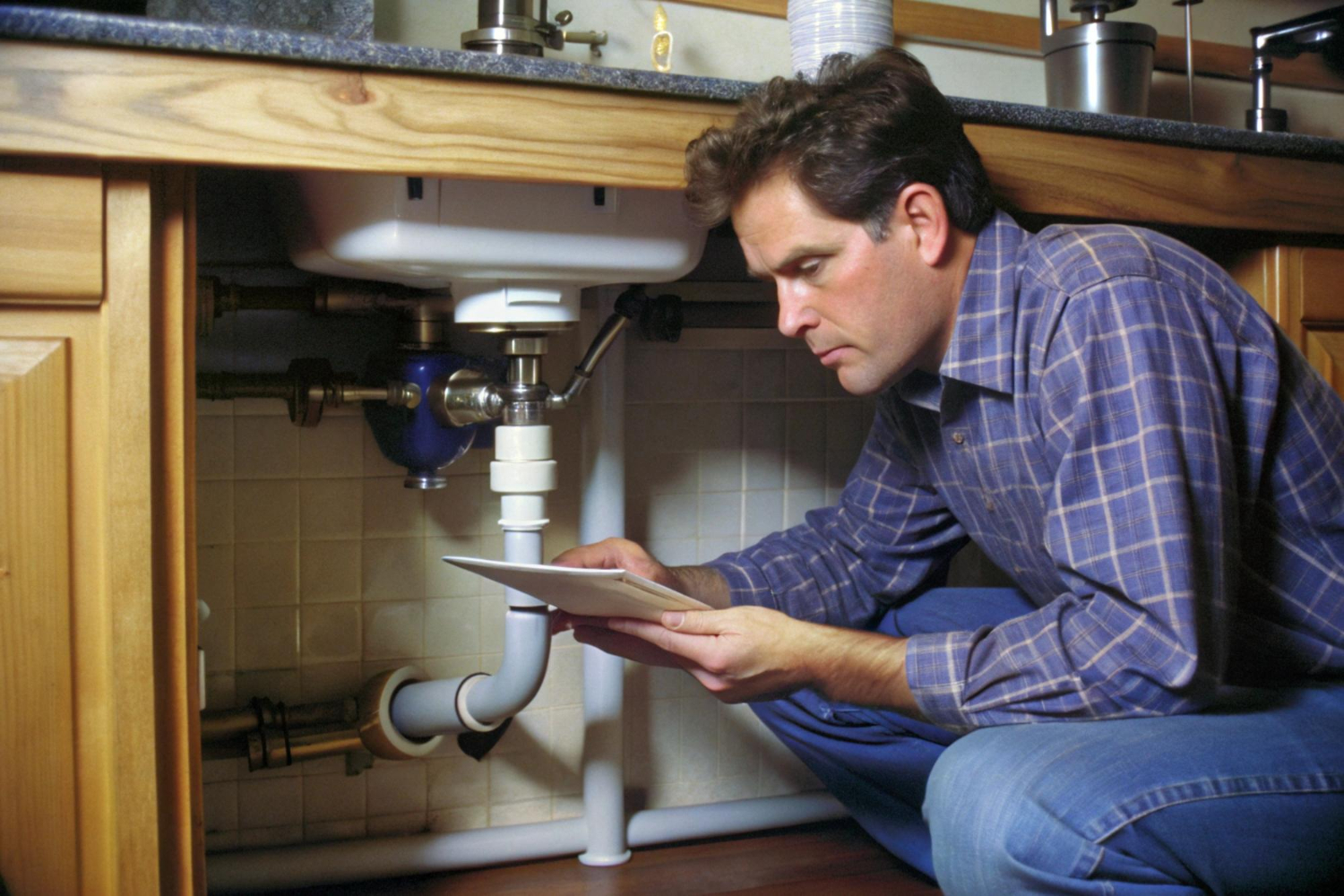
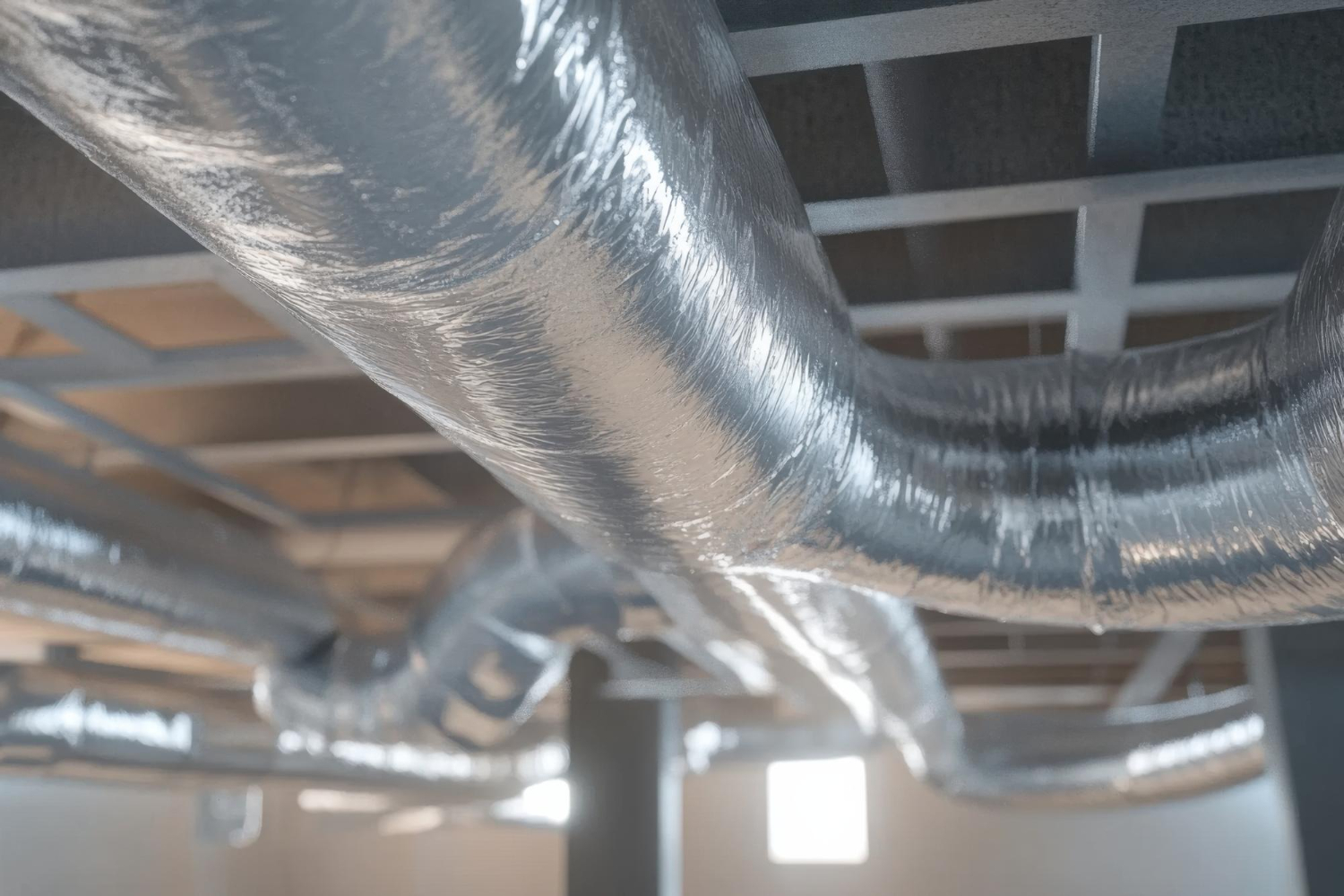
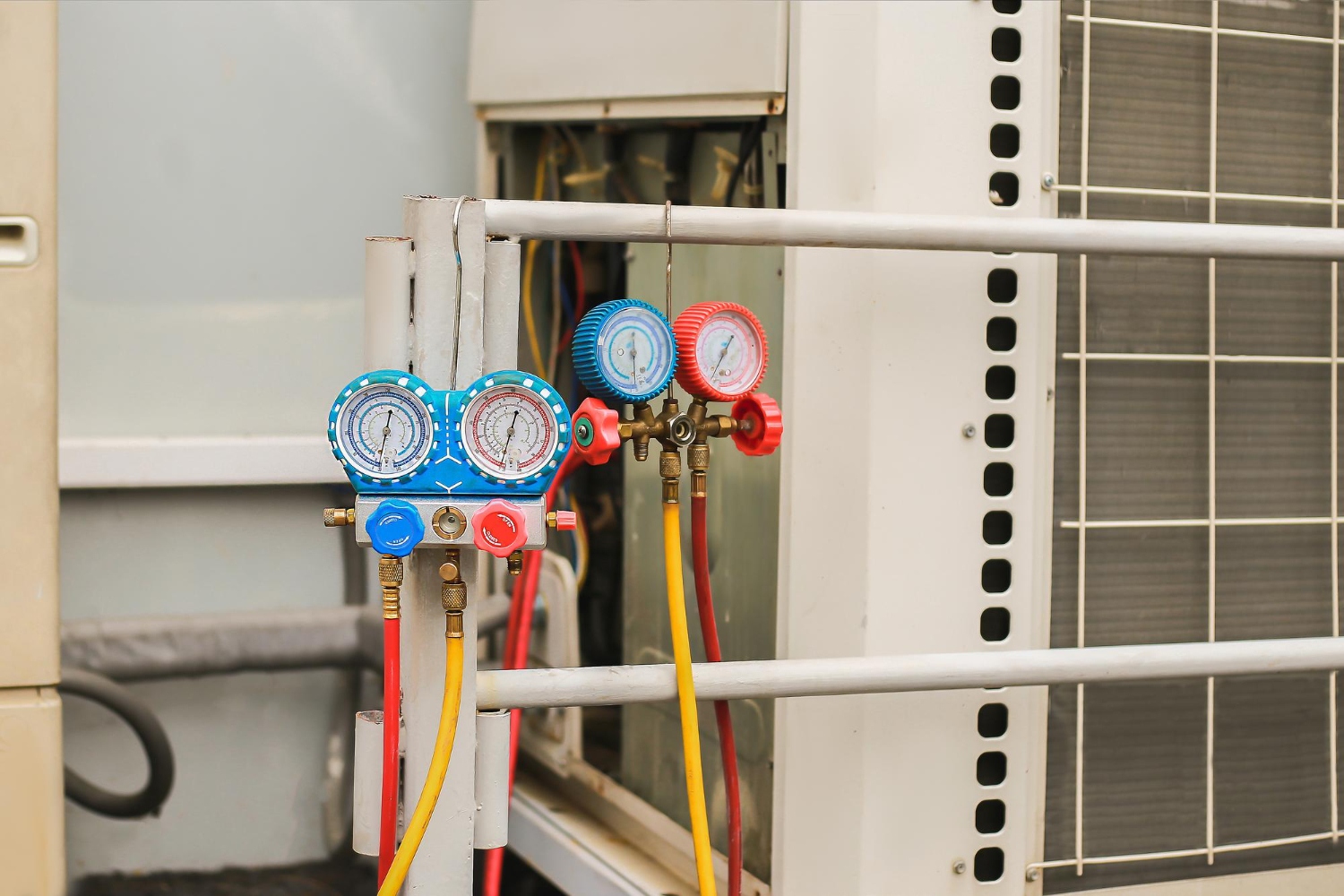
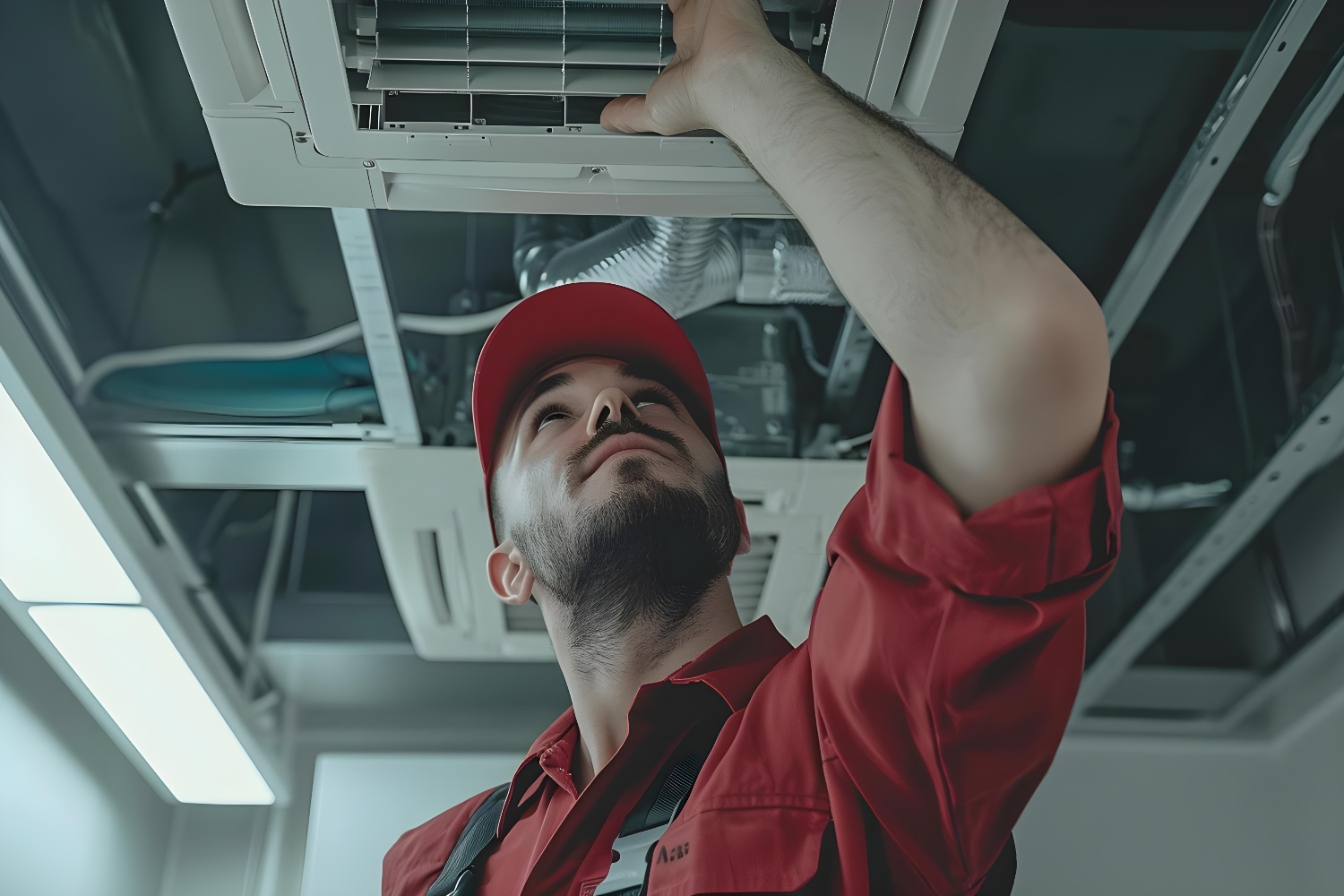
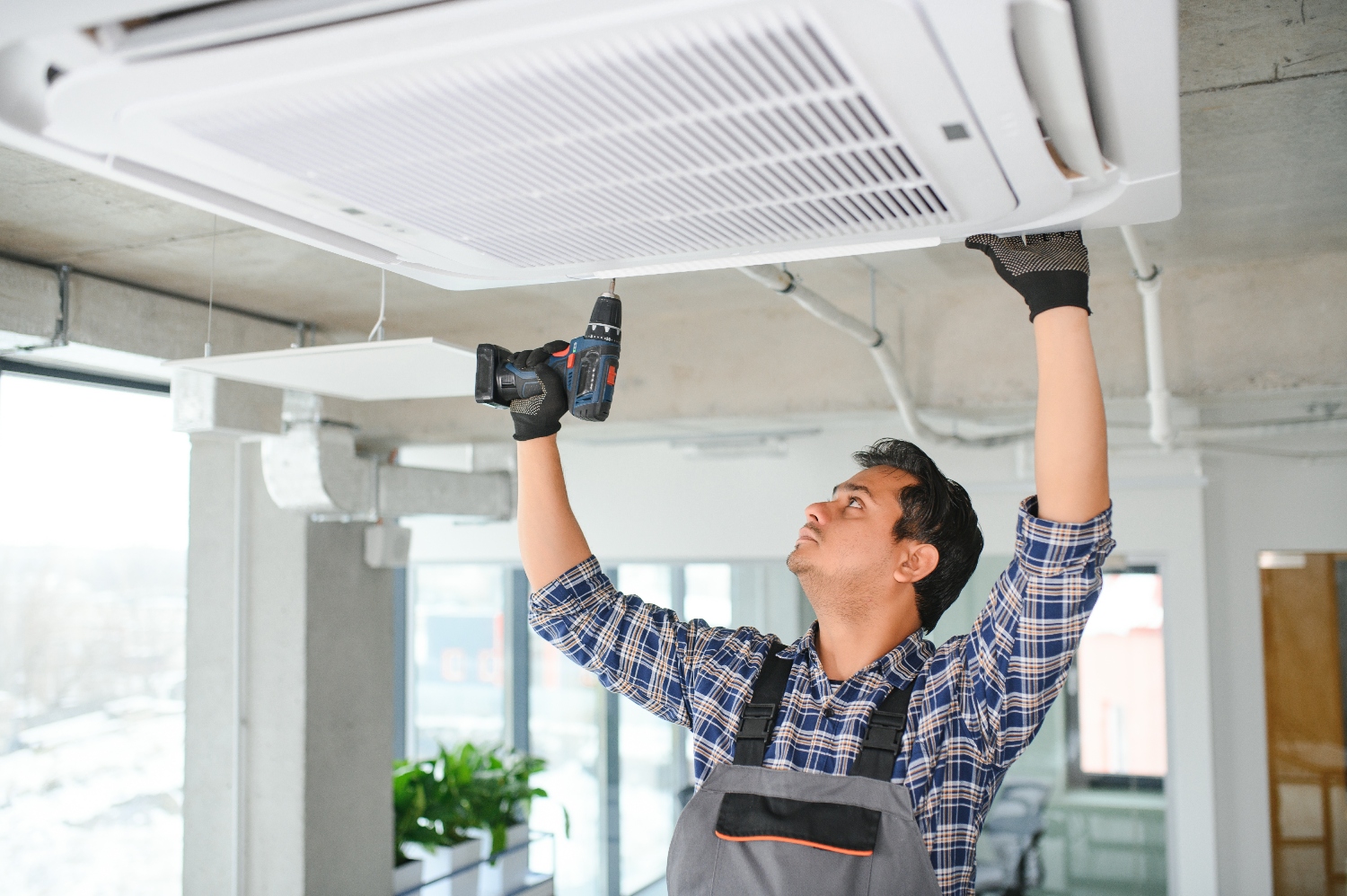
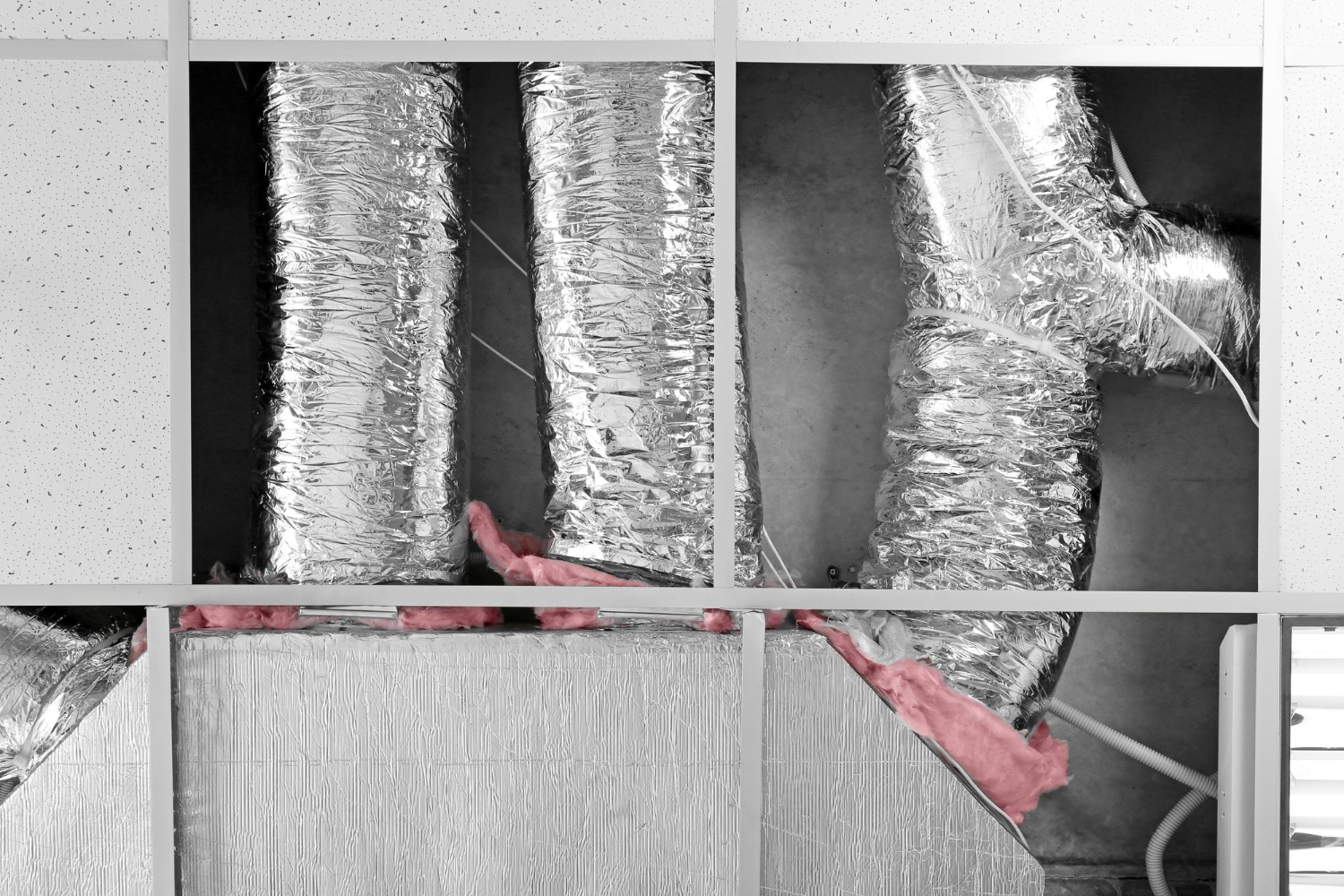































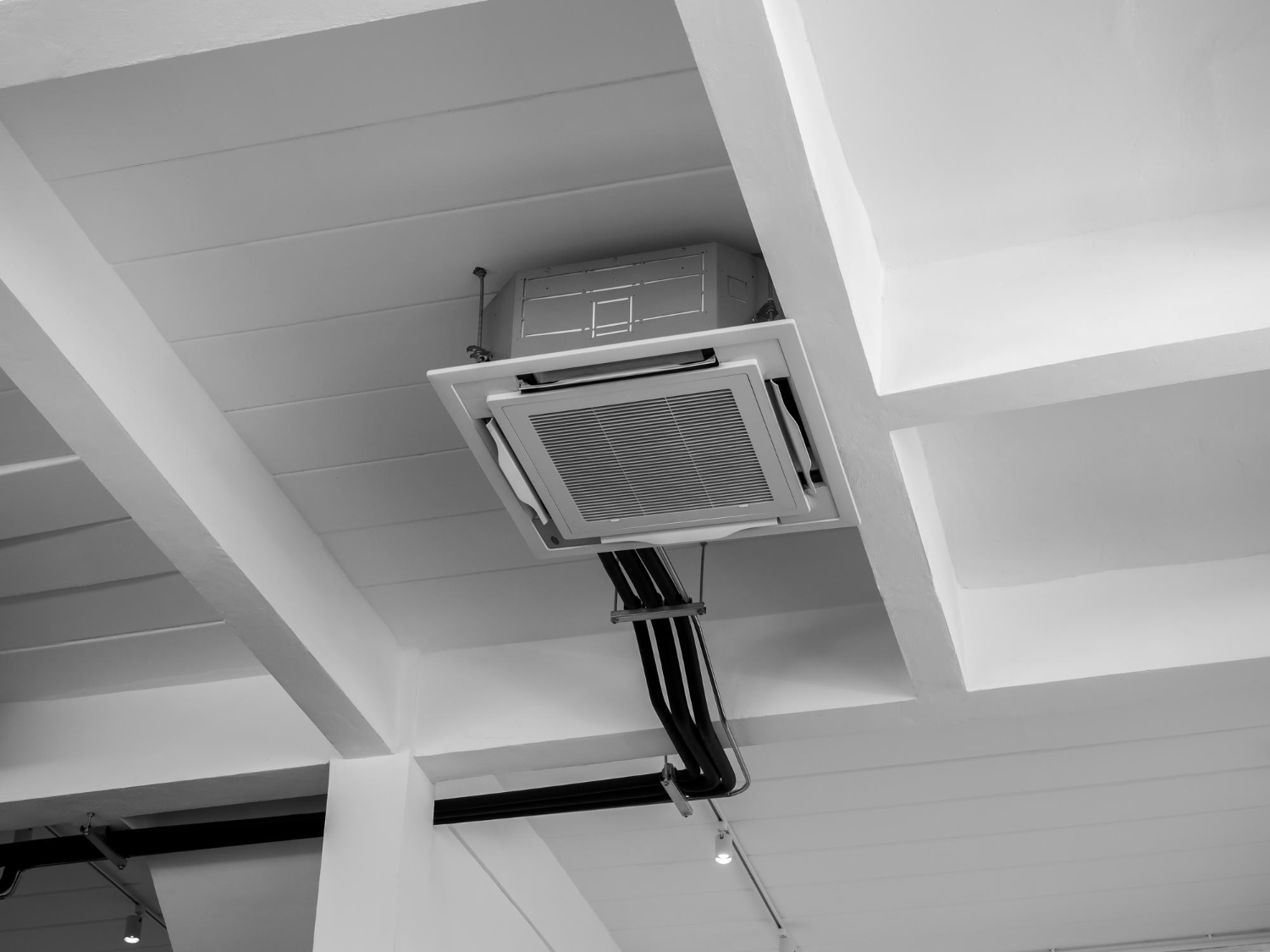




























.jpg)
.jpg)

.jpg)
.jpg)




















